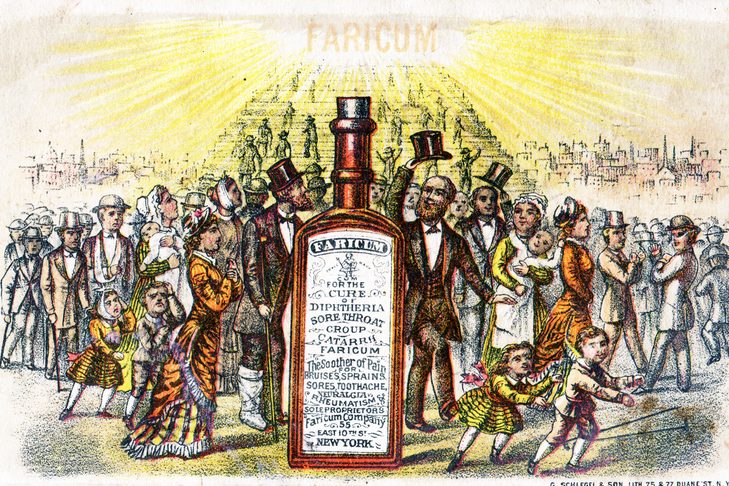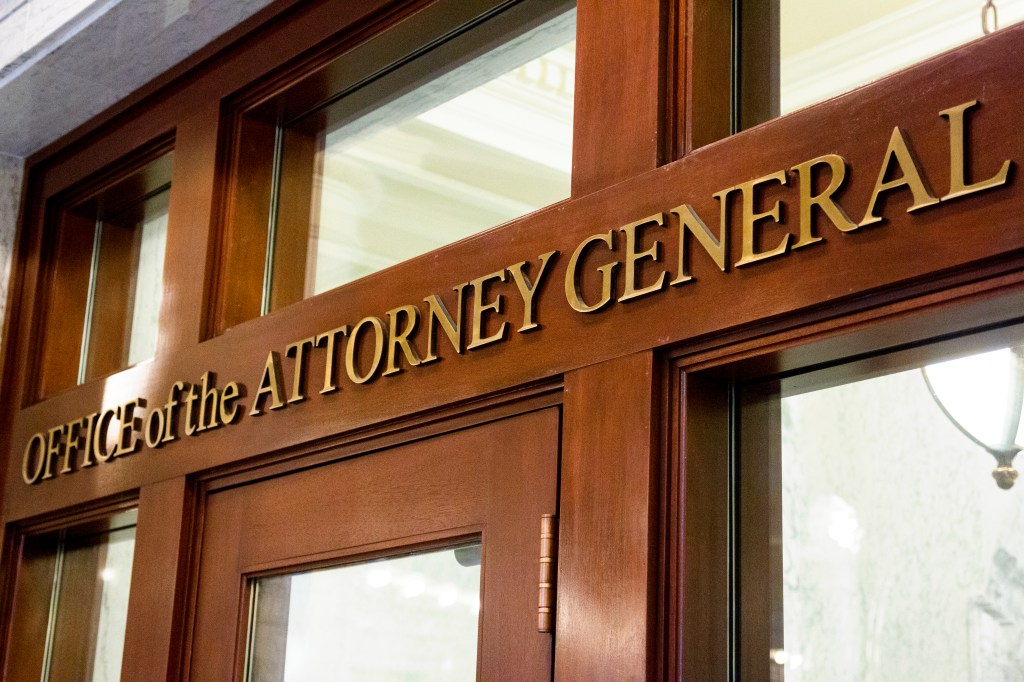Moves to encourage companies to self-disclose corporate misconduct have gathered pace with the announcement of a new Voluntary Self-Disclosure Policy for United States Attorney’s Offices.
The aim is to establish a nationwide standard on how VSDs are defined by USAOs, and also to provide an incentive to companies to establish and maintain effective compliance programs that can identify misconduct and work with government to investigate it.
Nationwide standard
“The new Voluntary Self-Disclosure Policy sets a nationwide standard for how USAOs will determine whether a company has made a voluntary self-disclosure, and makes transparent the specific, tangible benefits to a company for making a voluntary self-disclosure, fully cooperating, and remediating the criminal conduct” said United States Attorney Breon Peace. “As a result, no matter where in the country a company operates, it can rely on receiving the same treatment and benefits for voluntarily self-disclosing criminal conduct to a USAO.”
A company will be judged to have made a VSD under the new policy if;
- it becomes aware of misconduct before that misconduct is publicly reported or otherwise known to the Department of Justice;
- it discloses all relevant facts known to it “in a timely fashion”.
Companies that fully meet all the requirements of the new policy would be in line for “significant benefits” including the USAO;
- not seeking a guilty plea;
- choosing not to impose a criminal penalty;
- not imposing a criminal penalty greater than 50% below the low end of US Sentencing Guidelines;
- not seeking to impose an independent compliance monitor if the company can show it has put an effective compliance program in place and tested it.
Three “aggravating factors” are identified that may lead to the USAO seeking a guilty plea even if the requirements mentioned above are met. These are;
- if the misconduct poses a grave threat to national security, public health, or the environment;
- if the misconduct is deeply pervasive throughout the company;
- if the misconduct involved current executive management of the company.
A guilty plea will not, however, automatically be required if an aggravating factor is discovered. The USAO “will assess the relevant facts and circumstances to determine the appropriate resolution”. And if a guilty plea is required, the company will still receive the benefits mentioned above.
If a company is being jointly prosecuted by a USAO and another part of the DOJ, the two entities will co-ordinate over a resolution.











